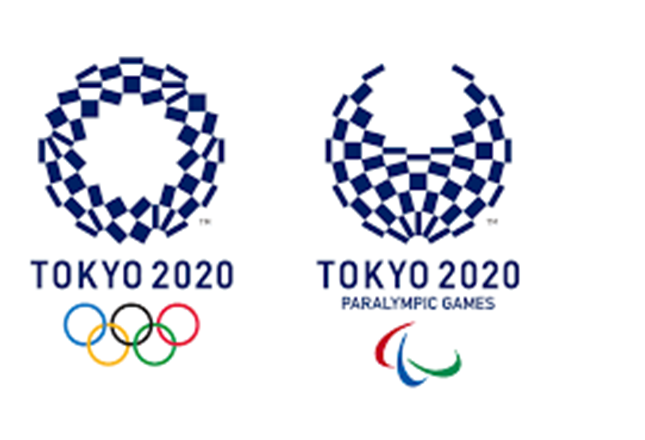
Our first formal engagement in Tokyo was participating at a conference hosted by Juntendo University in west Tokyo. The first striking thing was that in a country which has struggled to break down traditional gender roles, it was quite a relief that most of the speakers were female. The audience was also very international – from Europe, the US, several African countries, China, Singapore and Japan.
The second key observation was that many of the key issues around women’s sport leadership in Japan are exactly the same as challenges we are facing here and in Europe more widely. The priority is to increase the number of women participating in sport, in executive roles and in senior and board positions. There is a recognition of the need to change and, increasingly, of the benefits of greater representation and diversity.
However, the wider social and economic context is very different. Japan’s gender pay gap is enormous – they are ranked 111th in the world of 145 surveyed countries on the Gender Gap Index. This problem is actually getting worse – they dropped from 101 in 2015. Further, the dynamics of the household would appear to be very different – an astonishing 62% of working women are doing more than 20 hours of housework per week (compared to 2% of men). That compares to figures of 13% and 9% in the US and just 12% and 4% in Finland.
That said, the recently re-elected Japanese PM, Shinz? Abe, has made economic development amongst women a priority, and forms a key plank of “Abenomics” which seeks to raise Japan from its current economic stagnation. He has recently made a high profile speech on the need to “realise a Japan where women can play an active role” and Japan introduced targets in 2015 to require disclosures on the representation of women at all levels of larger companies.
In a sport specific context, Japan has a similar gender gap in terms of sports participation to the UK and has a range of ambitious targets which intend to address this issue. However, there does not appear to be a comprehensive plan or a real sense of momentum around achieving these targets. Japan also has a serious under-representation of women at both elite sport level and around the board table. Just 9.4% of NOC board positions are currently filled by women. I was pleased to share some observations and advice from the UK – both on A Code for Sports Governance and the potential use of regulatory mechanisms and targets with built in accountability to tackle issues. I spoke about the need to challenge active discrimination and unconscious bias and for practical steps around recruitment and induction, along with a commitment to concrete action more generally rather than just positive words and profile raising.
Overall, this was a really interesting and engaging session. The issues were similar, although the severity of them both in Japan and a number of other countries is far greater than here in the UK.
It is with immense sadness that the Sport and Recreation Alliance learned of Andy Sutch’s passing last week, and we send our deepest condolences to Andy’s family and friends.
Read moreThis afternoon, the Chancellor delivered her Budget speech to Parliament, outlining decisions on tax and spending.
Read moreAhead of the Chancellor’s Budget statement on 26 November, we take a look a look at the key areas to be aware of and the work the Alliance has been doing lobbying on behalf of members.
Read moreJoining the Sport and Recreation Alliance is pretty simple, but worthwhile!
Register now